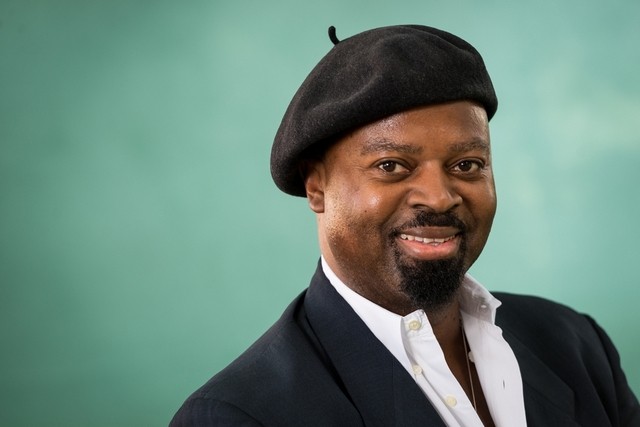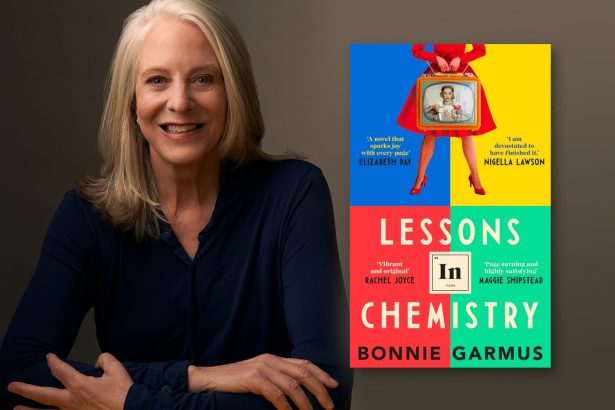Last month, the poet and Booker Prize-winning novelist Ben Okri was in the South of France when he received a text from a friend telling him to listen to the first major address from the new leader of the political opposition in the UK.
“It was the great Nigerian writer Ben Okri who perhaps put it best: the most authentic thing about us is our capacity to create, to overcome, to endure, to transform, to love,” said Jeremy Corbyn to the assembled masses of the Labour party.
Okri’s response was as lyrical as you might expect from someone capable of such elevating words. He wrote the poem A New Dream Of Politics, in which he champions idealism and rejects looking with “hard eyes at the hard world”. He also asks whether there is a “newer way to undo war, and find peace in the labyrinth of the Middle East”.
So his visit to the Sharjah International Book Fair feels very well timed.
“The way the world operates today is largely affected by the very complicated and difficult problems of the Middle East,” he says from his London home. “Its issues are unavoidable, so when I wrote that poem … well, the Middle East is something I’d want every politician to have intelligent thoughts and concerns about.”
All of which might sound a long way from Okri’s panel discussion on Friday night, which discusses the magic of storytelling and how to explore the imagination. But the Nigerian, who won the Booker for The Famished Roadin 1991, isn’t so sure. For him, storytelling is very much about investigating the nature of being human – often through the prism of political structures, injustice, art and even humour.
“Reality itself is mysterious in nature,” he says. “And how I approach that reality changes and deepens from book to book. In [latest novel] The Age Of Magic, for example, I’m interested in the underlying magic of existence in spite of the tragic facts of the world.”
Weighty stuff. But even if it might seem that he is setting himself an impossible task, Okri has always married huge ideas with imaginative, sometimes mystical narratives. His prose is often dreamlike – both The Famished Road and The Age Of Magic, though set in different continents, toy with the idea of investigating a particular situation so intensely that it transports the reader to somewhere beyond the “normal” way of looking at the world.
“I’d agree with that,” he says. “I don’t set out to be dreamlike but, yes, it’s often a quality of looking deeply at reality. Life is strange indeed when you do that. Take one tiny moment, say, a man waiting on a street corner for someone he loves. What’s going on his mind? What does he see? What does he think of? And when you start to explore that, the normality blurs, time becomes strange.”
It means that Okri’s books often have intangible, deeply human resonances that last well after the narrative is complete. Which, perhaps, is why Jeremy Corbyn included him in his speech.
“Politicians read too narrowly and, honestly, it’s one of the problems of our times,” Okri says. “If you read narrowly, you’re not hearing the wide spectrum of people’s thoughts, feelings, sufferings, distresses. But read widely and dreams, aspirations, different ways of looking at the world all become apparent.”


